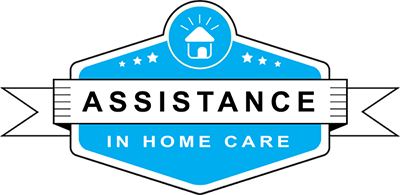National Blood Donor Month
Why Giving Blood is So Important

Every year, January is set aside as National Blood Donor Month. This campaign was established to encourage eligible individuals to donate blood and help save lives. In the United States alone, someone needs blood every two seconds, which totals about 41,000 transfusions per day. While that number may seem daunting, one blood donation can potentially save up to three lives.
How Blood Transfusions Help Save Lives
There are many ways blood transfusions save lives. One of the most common reasons someone might need a blood transfusion is due to cancer treatment. Chemotherapy and radiation can destroy cancer cells, but they also kill healthy cells in the process. This can lead to a decrease in red blood cells, which carry oxygen throughout the body. A blood transfusion can help increase the level of red blood cells in the body and help the patient feel less fatigued.
Blood transfusions are also used when patients experience massive blood loss due to an accident or surgery. In these cases, patients may need multiple transfusions in order to replace all the lost blood. Without these transfusions, patients would not be able to survive.
What You Should Know Before Donating Blood
In order to be eligible to donate blood, you must be at least 17 years old (16 with parental consent), weigh at least 110 pounds, and be in generally good health. You will also be asked questions about your medical history and lifestyle habits to ensure it is safe for you to donate blood. The entire process usually takes about an hour from start to finish.
Who Can Give Blood?
Most people who are in good general health and meet the eligibility requirements can give blood.
To be eligible to donate, you must:
-Be at least 17 years old (16 with parental consent in some states)
-Weigh at least 110 pounds
-Be in good general health
-Have no history of certain diseases or conditions
-Not have taken certain medications within a specified period of time
(You can check the full list of eligibility requirements on the Red Cross website.)
What Happens During a Blood Donation?
First, you’ll complete a brief health history questionnaire to make sure you’re eligible to donate. Then, a trained phlebotomist will clean your arm with antiseptic and insert an IV line into a vein. The whole process usually only takes about 10 minutes. Once your donation is complete, you’ll have a small bandage on your arm where the needle was inserted. You can then enjoy some refreshments before heading back to your busy day. It’s really that easy!
Blood Donor Considerations
If you are eligible and able, please consider donating blood during National Blood Donor Month or any time of year! Your donation has the potential to save multiple lives.
For more information on how to donate blood, please visit
www.redcrossblood.org or call 1-800-RED CROSS (1-800-733-2767).
Contact Assistance in Home Care Today
Count on us at Assistance in Home Care Today. You can be confident in the level of dedication and expertise our team provides while caring for your loved ones. Our experienced caregivers know how to care for individuals with all types of diagnoses. Not every individual is the same and requires different solutions. Find out how our team can help you and serve your various needs by
contacting us today!
Resources
https://www.redcross.org/
https://www.aabb.org/for-donors-patients/national-blood-donor-month


